Introduction to the Hemp Market in the USA
The hemp market in the US has been growing recently because hemp is very useful and good for the environment. Hemp was one of the first crops grown in America. People used it to make things like clothes, ropes, and paper. Over the years, its importance has changed, especially because of laws in the 20th century that made it illegal. But in 2018, a new law allowed farmers to grow hemp again, which has made people interested in its benefits for many industries.
Legalization and Regulation of Hemp

The 2018 Farm Bill changed the rules for hemp in the U.S. It made hemp legal to grow and sell if it has less than 0.3% THC. This law led to different rules in each state. Some states support growing hemp, while others have stricter rules. The USDA and DEA are the main groups that ensure everyone follows the federal rules.
Hemp Market Growth in the USA

Since hemp became legal, the market has grown a lot. From 2018 to 2024, the hemp market is expected to keep growing because more people want hemp products, especially CBD. States like Kentucky, Colorado, and Oregon help a lot because they have good weather and strong farming. The market is growing because more people care about health, the environment, and natural products.
Hemp vs. Cannabis: Figuring out the Difference

Hemp and cannabis are often confused, but they are different types of the same plant, Cannabis sativa. The main difference is that hemp has 0.3% or less THC, the part that makes people feel “high.” This difference is important for the law because cannabis is still illegal in many places. Many people don’t know the difference, which leads to confusion sts a wide array of applications:
- Industrial Applications: Utilized in the production of textiles, paper, and biodegradable plastics.
- Making Clothes: Hemp fibers are really strong and last a long time. They're perfect for making clothes and other fabric items.
- Building Materials: Hempcrete, made from hemp and lime, is getting popular because it's good for the environment.
- Medical Uses: CBD from hemp is used in health products to help with pain and anxiety.
- Skincare: Hemp oil is great in beauty products because it keeps your skin moisturized.
- Food: Hemp seeds and oil are superfoods. They're packed with healthy fats and proteins.
Hemp Industry Players and Significant Organizations
- The U.S. Hemp Industry: In the U.S., there are lots of hemp companies, both old and new. Some key ones are the Virginia Hemp Coalition, Hemp Industries Association (HIA), and Vote Hemp. They work on things like CBD, making clothes, and building materials.
- Working Together: The hemp industry is growing because it teams up with farming, health, and wellness.
- Challenges: There are still problems, but these groups are working hard to fix them.
Challenges Confronting the Hemp Business
Despite its growth, the hemp business faces a few difficulties:
- Legal Vulnerabilities: Variability in state regulations creates confusion and limits market development.
- Banking Issues: Many banks are as yet uncertain about working with hemp organizations due to government rules.
- Competition: Hemp products need to compete with cheaper synthetic materials as the market grows.
Technological Advancements in Hemp Growth
New cultivating techniques are making it easier to grow hemp. A portion of these advancements include:
Sustainable Growing Practices: These methods help the environment and keep the soil healthy.
Automation and AI Technology: Modern machines and AI help farmers grow and process hemp more easily.
Ecological Advantages of Hemp
Hemp is becoming known as an eco-friendly option in contrast to customary yields. Hemp helps fight climate change by absorbing carbon from the air. It can also reduce the need for plastic by being used in biodegradable products.
Hemp and Environmental Change
Growing hemp helps trap carbon from the air. This makes it a simple and eco-friendly way to help the environment. Hemp farming can also improve soil health and reduce the need for chemical fertilizers.
Future Patterns and Expectations
Looking ahead, the U.S. hemp market is set to grow.
Competition and Laws: Other countries might change the price and progress of hemp in the U.S. New laws could also change how the industry works. As more people want eco-friendly and natural products, the hemp industry will likely grow and be used in more areas.
Summary: The hemp market in the USA is at an important point. It’s growing because of new laws, market demand, and its environmental benefits. As the industry grows, it could have a big impact on both the economy and the environment.
Frequently Asked Questions
1. What is the legal status of hemp in the USA?
Ans:
Hemp Legalization: Hemp became legal at the federal level with the 2018 Farm Bill. This law removed hemp from the Controlled Substances Act. However, each state can make its own rules, so the regulations are different across the country.
2. How does hemp vary from cannabis?
Ans:
Hemp and Cannabis: Hemp and cannabis are both types of the Cannabis sativa plant. But they are different in their chemical makeup. Hemp has 0.3% or less THC, which is the part that makes you feel “high.” Cannabis has higher levels of THC.
3. What are the fundamental purposes of hemp?
Ans:
Uses of Hemp: Hemp can be used for many things. It can make clothes, building materials, personal care items, food and drinks, supplements, paper, and car parts. It is also used to make CBD, which is popular for its potential health benefits.
4. Is hemp development manageable?
Ans:
Yes, hemp development is manageable. Think of hemp as a versatile plant that's quite easy to grow and use. It’s like growing a garden with plants that can be used in many ways. Farmers can grow hemp in many places, and it doesn’t need a lot of special care. Once harvested, hemp can be turned into many useful products, like health items, clothes, and building materials. So, managing hemp is like taking care of other crops, but with the extra benefit of its many uses.
5. What difficulties does the hemp business confront?
Ans:
Challenges in the Hemp Business: The hemp industry faces some problems. These include changing state laws, banking and financial issues, and competition with synthetic products
7. What is the future standpoint for the hemp market in the USA?
Ans:
The future of the hemp market in the USA looks extremely encouraging! Hemp is a plant that can be used for many things. You can make clothes, building materials, health products, and even healthy foods from it. Since hemp is a characteristic item, more individuals are becoming inspired by it. They like the way that hemp items are eco-accommodating and great for their well-being.
As more people in the USA learn about the benefits of hemp, the market is expected to grow a lot. This means more hemp farms, more companies making hemp products, and more choices for customers. Also, new laws are making it easier to grow and sell hemp, so the industry will probably keep getting bigger.
In the future, you can expect to see hemp products in everyday life, from the food you eat to the clothes you wear, and even in medicine and health products.
8. How might I engage in the hemp business?
Ans:
we need to suggest the User can engage in the hemp business, by partnering with the hemp Commission of your State. There is a website that provides the initial requirements. Also, join local co-ops and other advocacy groups.

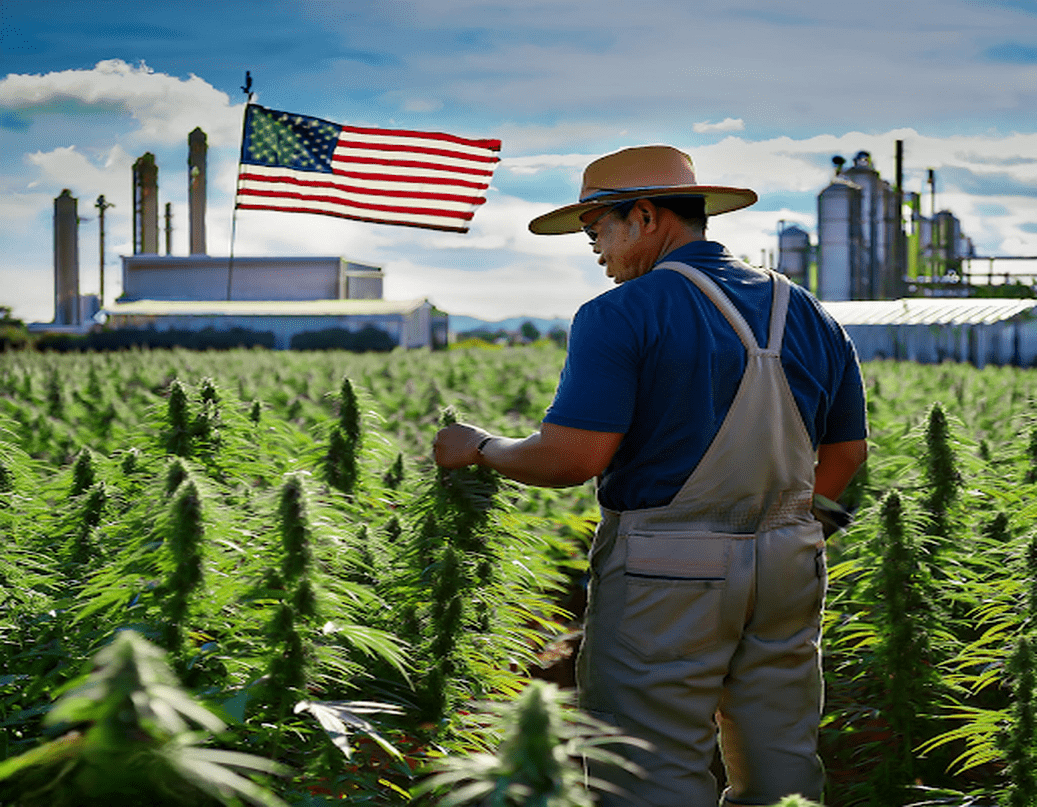
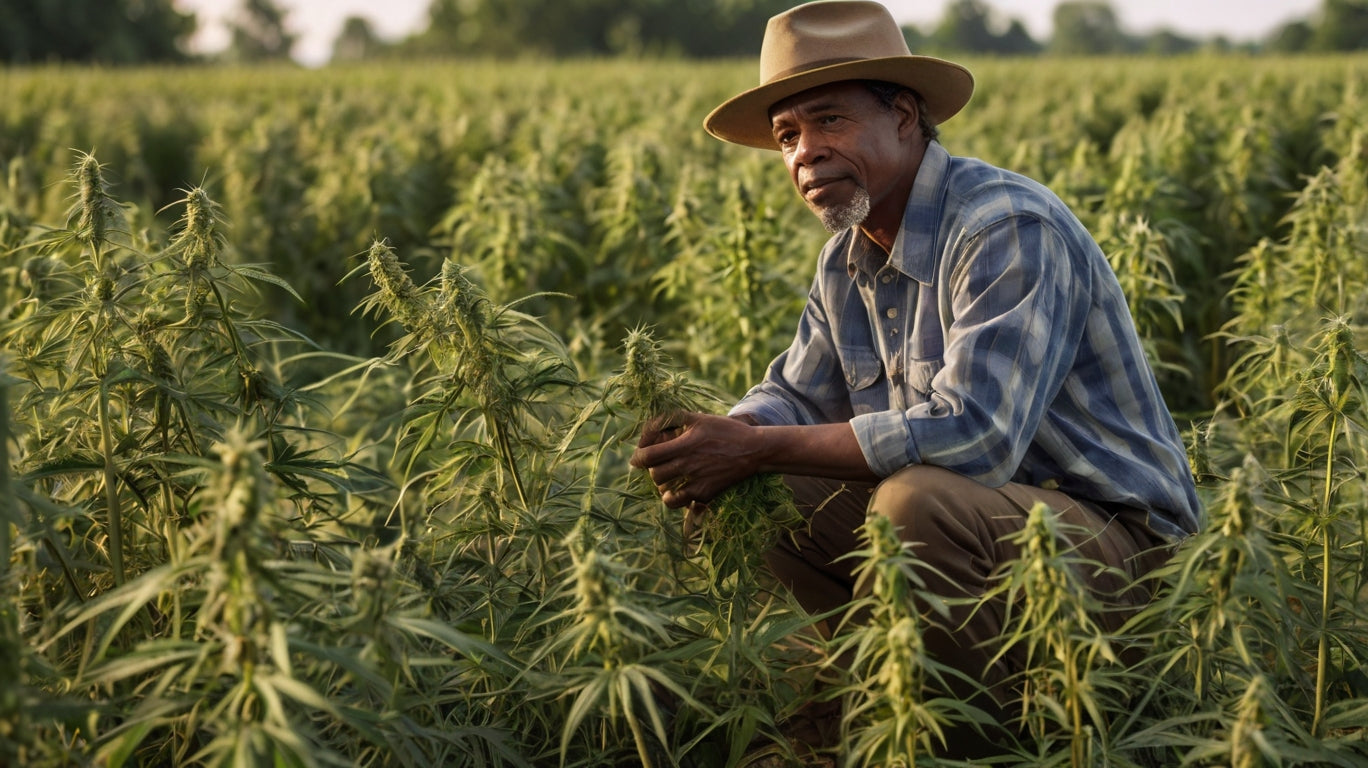
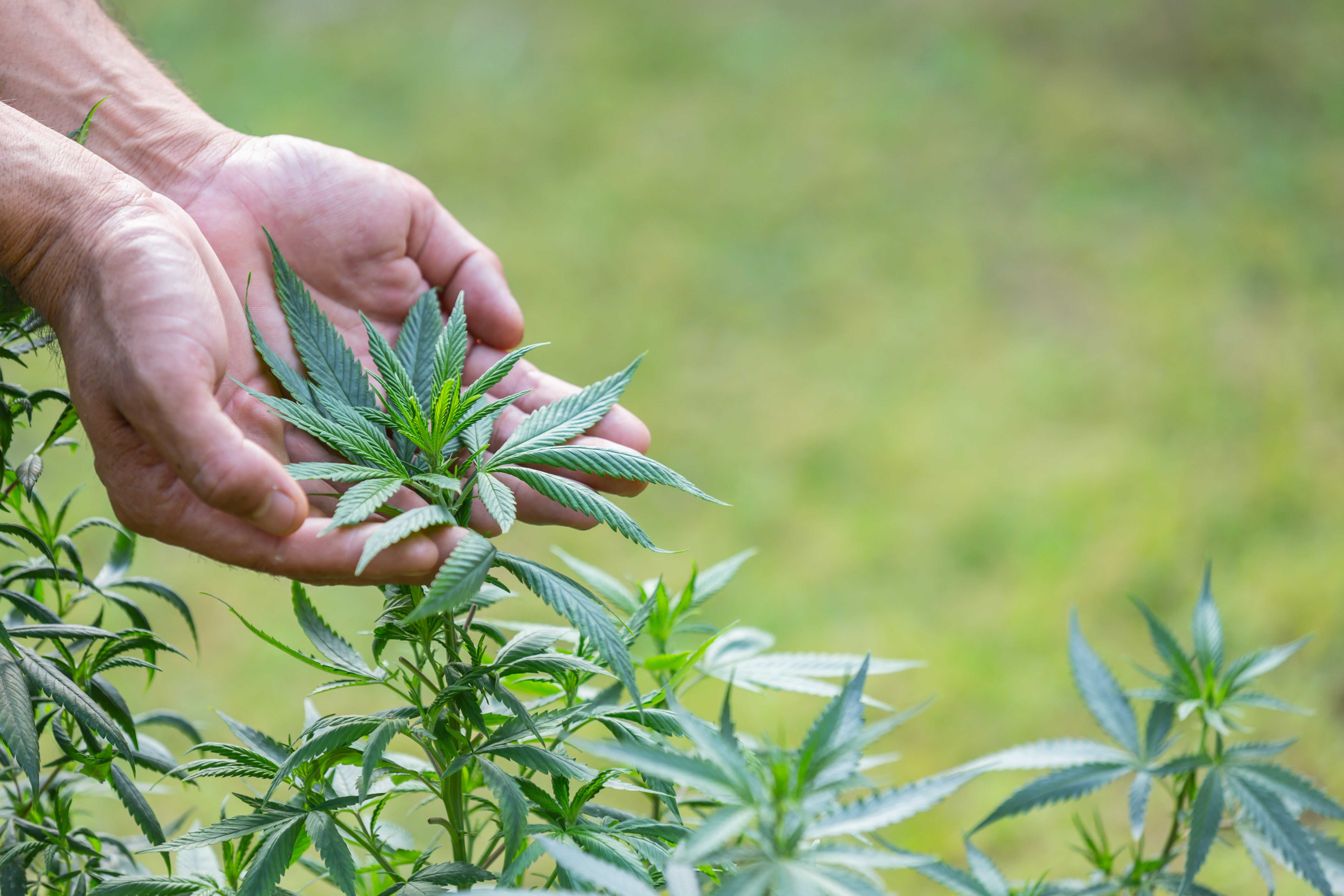
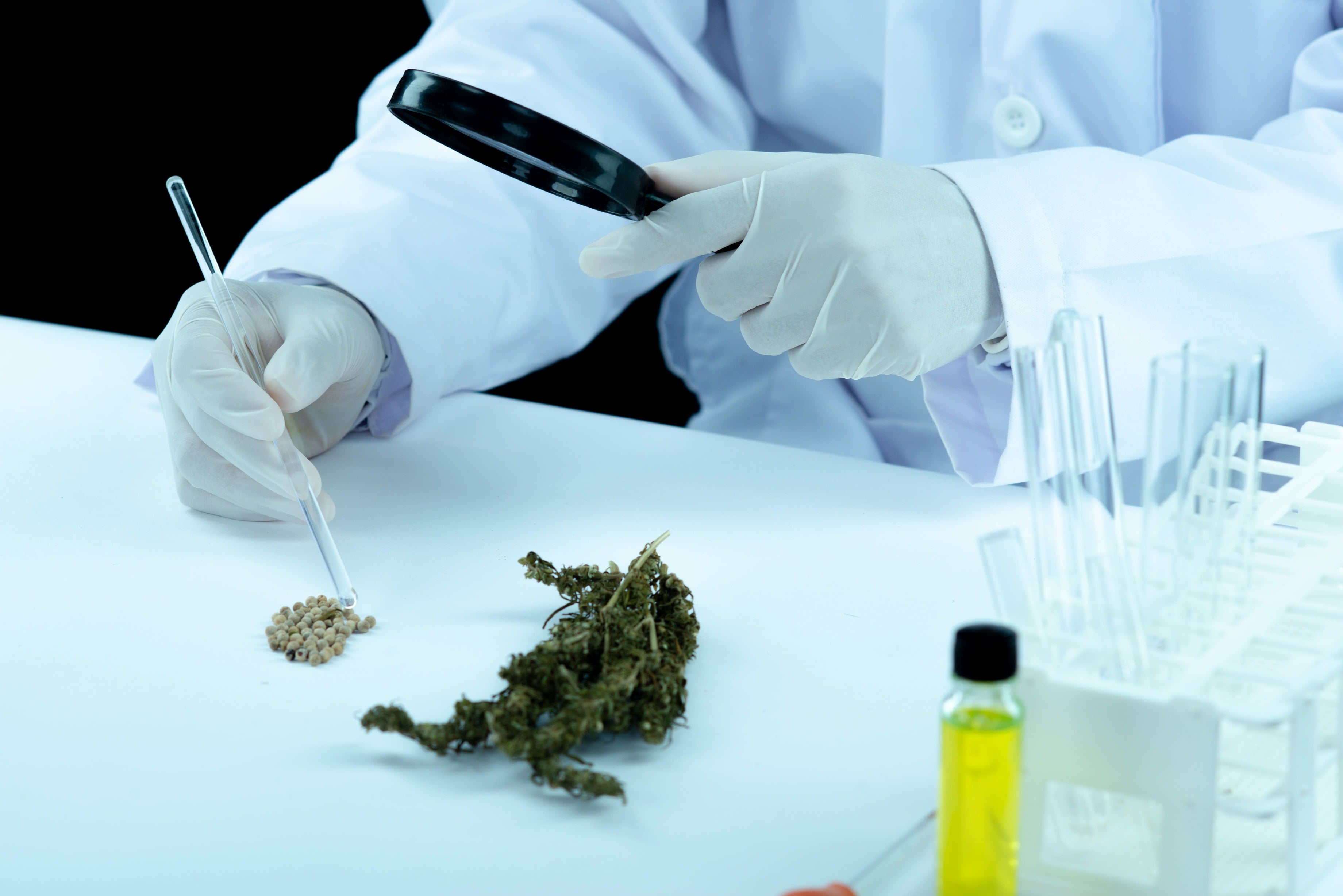
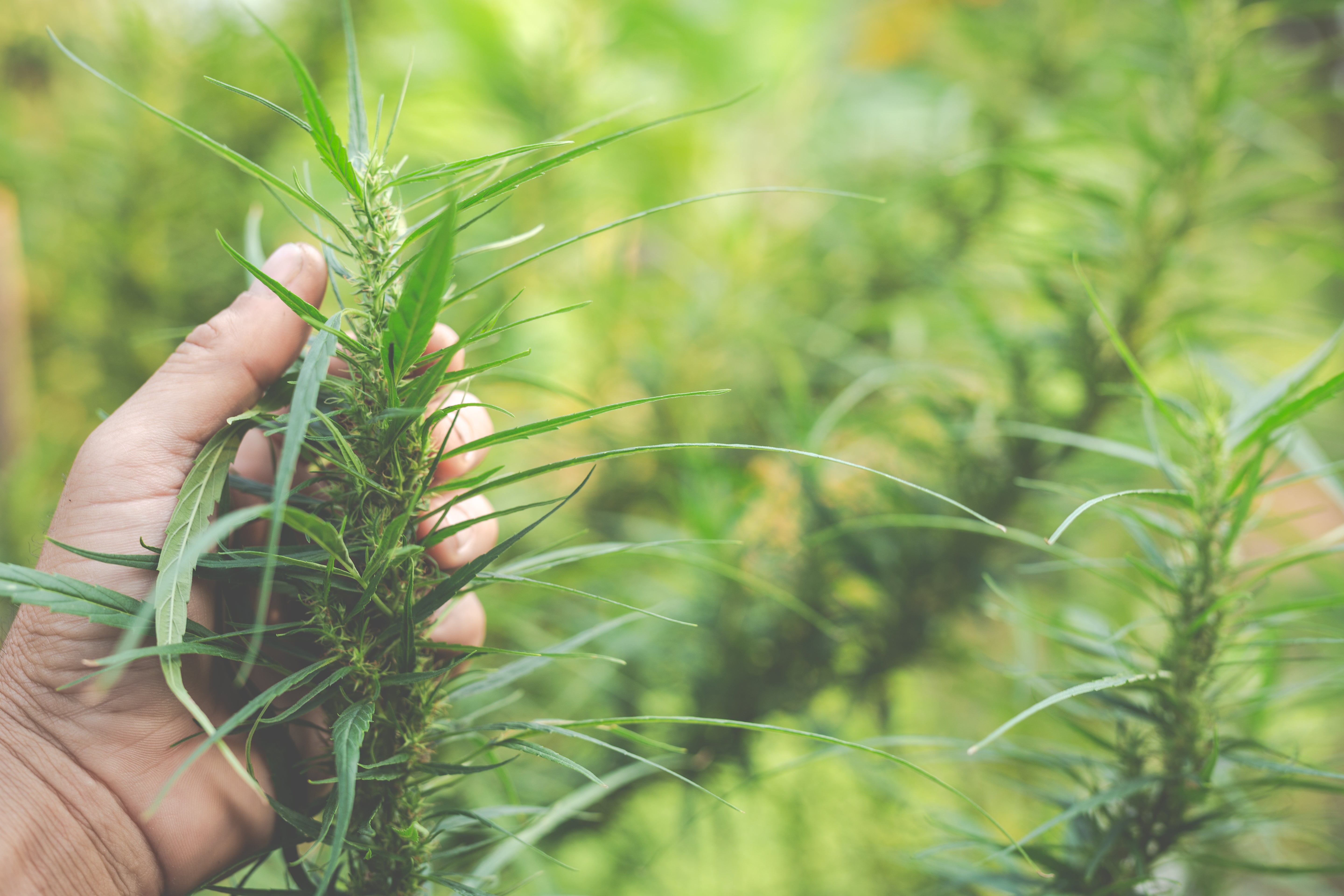
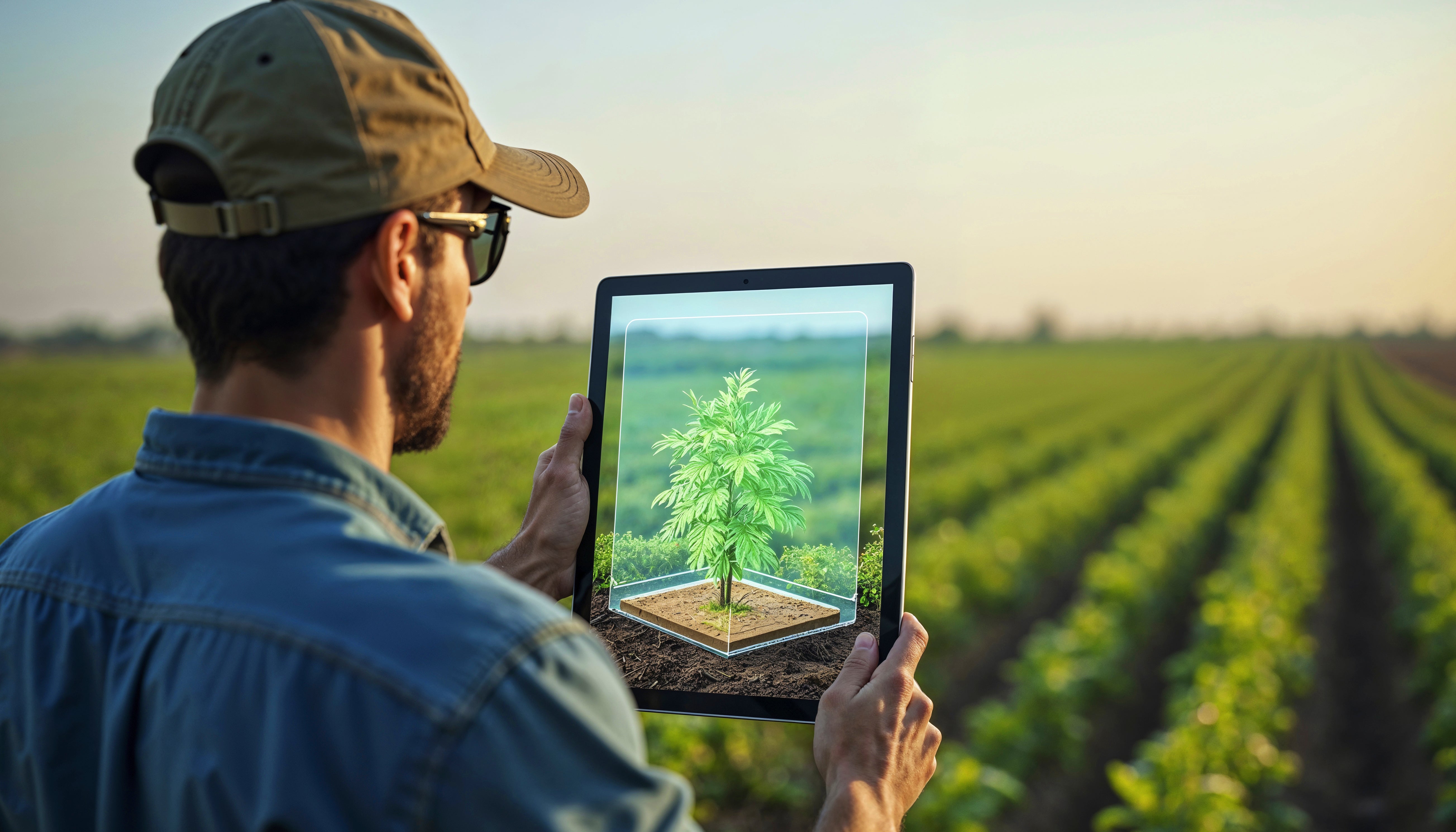
Share:
The Arrival of Hemp in America (1619) and Its Historical Significance
Hemp Cleaning Toxic Chemicals in the Soil: A Solution
1 comment
Great information to educate and inform those of us interested in learning more about this important topic. Thank you